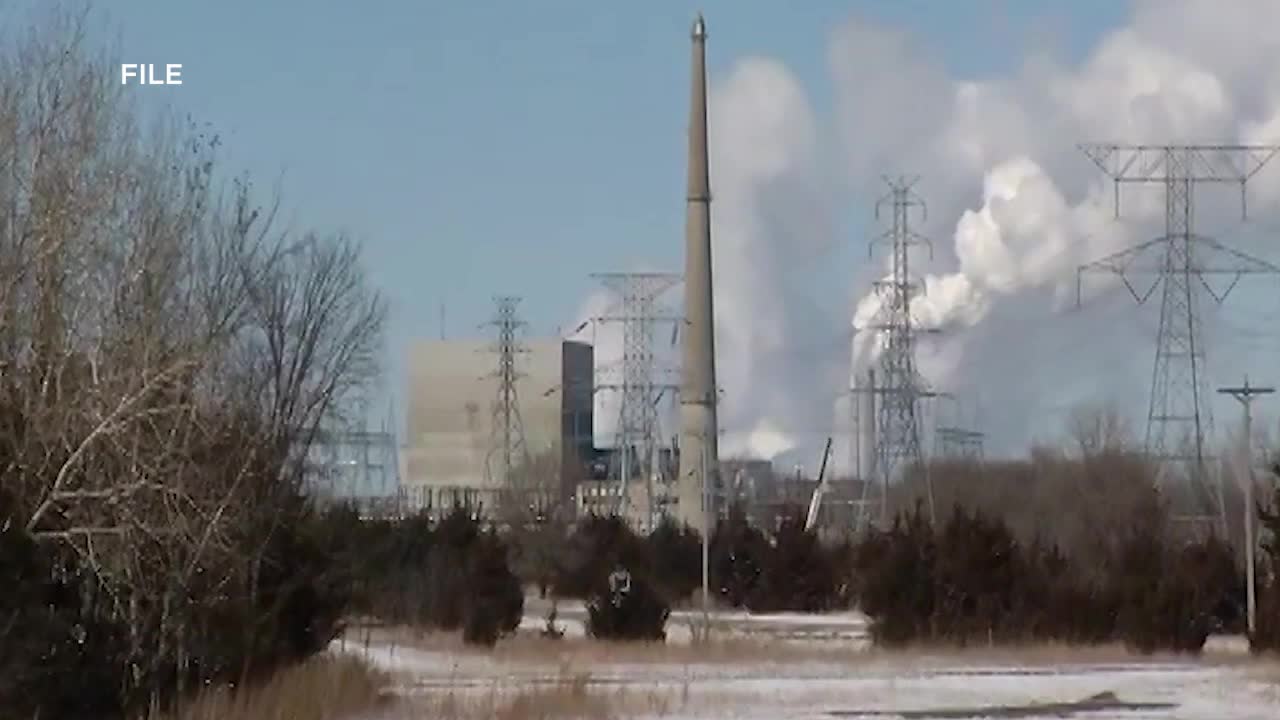Xcel: Monticello nuclear plant shutdown cooled Mississippi River, killing fish

The Monticello Nuclear Generating Plant. (KSTP/file)
Shutting down the Monticello nuclear power plant to fix a new leak of radioactive water resulted in a cooldown of the Mississippi River that killed hundreds of fish, Xcel Energy said on Monday.
Xcel spokesman Theo Keith said when active, the nuclear plant draws water from the river for cooling steam and equipment and returns it at a warmer temperature.
The warm water allows fish to stay active in the area, but when the plant powers down, that warming effect is gone, affecting the fish. Keith said they’ve found 230 dead fish so far, even though Xcel “powered down the plant slowly to mitigate the impacts.”
Keith said Xcel is working with the Minnesota Department of Natural Resources (DNR) and the Minnesota Pollution Control Agency to address the situation.
“Our plants follow the requirements of state water appropriation and federal Clean Water Act wastewater discharge permits,” Keith wrote in a statement. “We systematically treat, monitor, and analyze the water to ensure the facilities meet discharge requirements and protect fish and other aquatic life.”
The Minnesota Pollution Control Agency said “the fish kill is unfortunate but not unexpected,” adding that bass, channel catfish, common carp and sucker fish were among the casualties.
KSTP has reached out to the DNR to gather additional details about Xcel’s handling of the situation and its effect on the river ecosystem.
The power plant temporarily ceased operations on Friday to fix a faulty pipe that was leaking water contaminated with tritium, a radioactive form of hydrogen, into the groundwater. Keith says that permanent fix has since been completed.
Xcel’s decision to power down came after monitoring equipment detected tritium in the groundwater on Wednesday — the second such leak since November. Tritiated water that was spilling from a separate leak had been rerouted back to the plant as a temporary solution.
Xcel and the MPCA both emphasized that the fish did not die from tritium, which has yet to be detected in the Mississippi River.
Officials maintain that the contamination from the nuclear plant has not affected any drinking water and has not left the site.